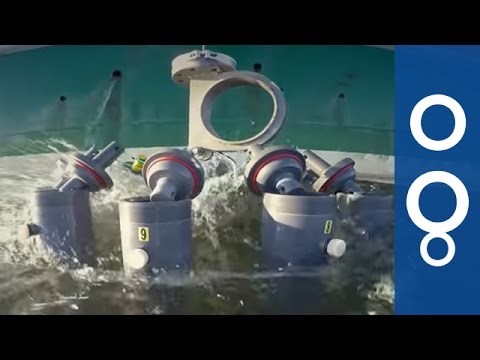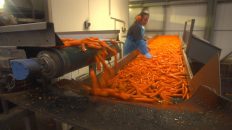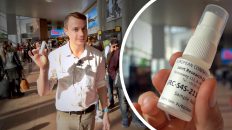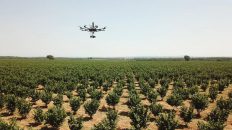Water covers most of our planet, but we still lack knowledge of the deep changes that are going on in our seas and oceans. In this episode of Futuris, we join a scientific expedition trying to better understand the marine environment.
Finland’s main research vessel, the Aranda, is on a mission in the middle of the Baltic sea. What are the scientists actually looking for?
“They’re collecting data on different components of the marine biodiversity – in this case phytoplankton, and zooplankton, bentic, and they’re trying to get this data so that later we can assess the environmental status of the Baltic as well as other seas,” says AZTI ecologist and DEVOTES project manager Maria C. Uyarra.
The amount of data collected is vast, and this needs novel approaches, too.
“Of course, in order to put together all this information, we need to have specific models and tools, and it needs to be repeated regularly from time to time, so we need these kinds of integrated assessment tools to understand what is the message that we get from these different types of organisms,” says SYKE Marine Biologist Anna-Stiina Heiskanen.
The new instruments have been vital for the collection of information.
“In the project we have developed the tool that integrates all the indicators – it puts together all the various indicators that may be defined on different spatial levels, on different habitats, like water column, or coastal meadows. And we have developed the tool that puts them together in a transparent way and comes up with a unified, integrated assessment of the ecosystem health,” says SYKE Limnologist Laura Uusitalo.
And these have effects on biological diversity in the seas.
“At the moment, the main threats to the seas are overexploitation, nutrient pollution, and hazardous substances from industrial activities,” says SYKE Marine Ecologist Henrik Nygård.
So, knowing that we know today about the diverse negative effects of climate change, the overexploitation of marine life and sea pollution, is there anything that gives us hope in this research?
“Yes, of course – we’re getting to better know and understand the functioning of marine biodiversity and the effects of our activity has, and that enables us to take more informed decisions, so that we’ll be more efficient in solving the problems,” concludes Maria C. Uyarra.





